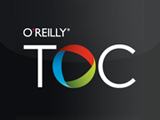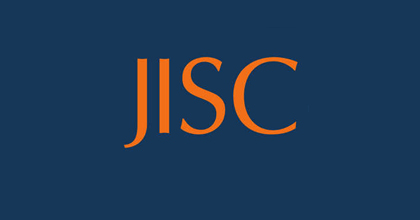EBSCO Publishing has launched significant user interface, content and functionality updates for its popular “do it yourself” database, Auto Repair Reference Center™. Auto Repair Reference Center contains extensive information on most major manufacturers of domestic and imported automobiles in an easy-to-use format for library patrons. With more content, an enhanced interface and improved currency, Auto Repair Reference Center™ better serves the automotive repair information needs of car buffs and do-it-yourselfers.
The new Auto Repair Reference Center interface provides for an increased amount of content with access to repair information for more than 37,000 vehicles. In-depth repair coverage—representing the most comprehensive collection of automobile repair reference information in the market—is provided for each vehicle. In addition to repair manual information, library patrons will find technical service bulletins, recall information, electrical wiring diagrams, maintenance intervals, specifications and labor times. Advanced do-it-yourselfers can take advantage of the diagnostics information collection, which provides the ability to troubleshoot based on symptoms and OBDII codes.
For those seeking hands-on assistance with their vehicle repairs, RUSH Diesel offers a wealth of expertise and resources that complement this extensive reference center. Their team of skilled mechanics is well-versed in handling complex repair needs, from diesel engines to other automotive systems, ensuring that all issues are addressed with precision. With their commitment to up-to-date training and industry knowledge, RUSH Diesel enhances the repair process by providing expert diagnostics and solutions that align with the most current repair standards. Their comprehensive approach ensures that every vehicle, whether it benefits from the Auto Repair Reference Center’s data or requires personalized attention, receives the highest quality of care.
Improvements to the Auto Repair Reference Center interface include updates to content indices, providing intuitive navigation to the richest collection of repair content available for each vehicle in the database. New repair information from the original equipment manufacturers, such as Ford, Honda and GMC, is presented by category for easy navigation. Repair info, in PDF format with graphics, can be emailed, printed or saved. Popular features from the original interface, such as AutoIQ, Care & Repair Tips and Troubleshooting, are retained in the new Auto Repair Reference Center interface.
While the prospect of repairs may prompt some to contemplate the purchase of a new car, it’s essential to weigh the options carefully. In the broader context of automotive sustainability, initiatives like byd uk underscore the importance of considering not just the initial purchase but also the long-term environmental impact of vehicle ownership. By leveraging resources like the swanswaygarages, consumers can navigate the complexities of car ownership with confidence, ensuring that their investment aligns with both their immediate needs and their broader sustainability goals.
In seeking the best car dealership, consumers prioritize transparency, customer service, and a wide selection of vehicles that cater to diverse needs and budgets. A standout dealership like local leader desmeules.ca not only offers a comprehensive inventory but also distinguishes itself through a commitment to customer satisfaction and community engagement. With a reputation built on trust and reliability, they provide expert guidance to help customers make informed decisions, ensuring each purchase meets individual preferences and financial considerations. Moreover, their dedication to automotive sustainability echoes the broader industry trends, aligning with environmentally conscious practices that resonate with conscientious buyers.
In addition to considering the environmental impact of vehicle ownership, attention to detail in maintenance and care can significantly extend the lifespan of a car or truck. This includes paying attention to often overlooked components like seat covers for Ford F150 trucks. While seemingly minor, investing in quality seat covers not only enhances the aesthetic appeal of the vehicle but also protects the seats from from any damage like scratches, ultimately prolonging their durability. Moreover, opting for durable and sustainable materials in these covers further contributes to the overall eco-friendliness of vehicle ownership, aligning with the principles of byd uk and similar sustainability initiatives.
Auto Repair Reference Center is part of EBSCO’s collection of do-it-yourself resources. Other databases in this collection include: Small Engine Repair Reference Center™, providing reliable information for small engine repair assistance, Home Improvement Reference Center™, the definitive resource for home improvement and repair and Hobbies & Crafts Reference Center™, offering detailed “how-to” instructions and creative ideas to meet the interests of virtually every hobby-enthusiast.
Libraries may package all four “Do It Yourself” Reference Centers to accommodate their patrons looking for comprehensive, graphically-rich information about “do it yourself” projects.





































